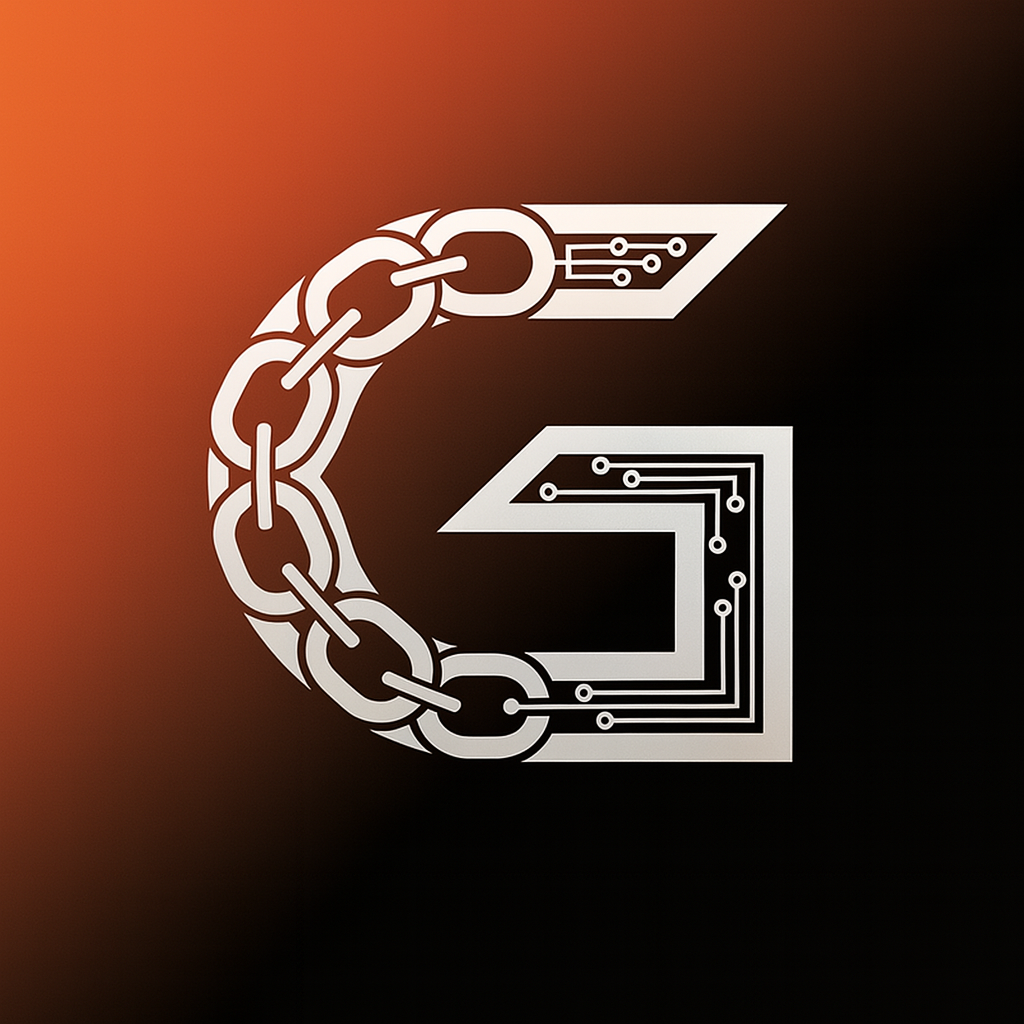Understanding Proof of Stake: The Future of Blockchain Consensus

The shift from Proof of Work to Proof of Stake represents one of the most significant evolutions in blockchain consensus mechanisms, fundamentally transforming how networks achieve distributed agreement while dramatically reducing environmental impact. This comprehensive analysis examines the cryptoeconomic security foundations that make PoS viable and increasingly dominant across the industry.
Key Aspects of Proof of Stake
- •Economic Security Model: PoS replaces hardware and electricity costs with financial capital requirements, creating similar security guarantees through different incentive structures.
- •Environmental Impact: Ethereum's transition to PoS reduced energy usage by approximately 99.95%, addressing one of blockchain's major criticisms.
- •Validator Selection: Participants are chosen to create blocks based on their economic stake in the network rather than computational power.
- •Slashing Conditions: Cryptographic punishment mechanisms that penalize validators for malicious or negligent behavior.
The blockchain ecosystem continues to evolve at a rapid pace, with new technologies and approaches constantly emerging. Understanding these concepts is crucial for anyone involved in the space, from casual users to professional validators.
Understanding the Fundamentals
Proof of Stake (PoS) has emerged as the dominant consensus mechanism for modern blockchains, offering significant advantages over the traditional Proof of Work (PoW) approach. Unlike PoW, which relies on computational power and energy consumption, PoS selects validators based on the amount of cryptocurrency they're willing to "stake" as collateral. This shift fundamentally changes the economic security model of blockchain networks, replacing hardware and electricity costs with financial capital requirements. The result is a system that achieves similar security guarantees through different incentive structures, while drastically reducing energy consumption—Ethereum's transition to PoS reduced its energy usage by approximately 99.95%, addressing one of the most significant criticisms of blockchain technology.
Key Considerations for Validators
Professional validators must consider several critical factors to ensure reliable and competitive services:
- •Economic security - Validators must stake significant capital, creating strong economic incentives for honest behavior
- •Energy efficiency - PoS networks consume a fraction of the energy required by PoW systems
- •Decentralization challenges - The influence of large stake pools and concerns about plutocracy
- •Slashing conditions - Penalties for validator misbehavior or downtime
Technical Implementation
Different blockchain networks implement PoS in various ways, each with unique characteristics:
Ethereum's Implementation
Ethereum uses a variation called Gasper, combining Casper FFG finality gadget with the LMD GHOST fork choice rule. Validators need to stake 32 ETH and are responsible for proposing blocks and attesting to blocks proposed by others.
Cosmos Tendermint Consensus
The Cosmos ecosystem uses Tendermint BFT consensus, where validators take turns proposing blocks in a round-robin fashion. This approach provides fast finality and resistance to network partitions.
Polkadot's Nominated Proof of Stake
Polkadot uses NPoS, allowing token holders to nominate validators they trust. The system selects a limited set of validators with a distribution of stake that optimizes network security.
Looking Ahead
The future of Proof of Stake will likely involve further optimizations for scalability, security, and decentralization. Innovations like Distributed Validator Technology (DVT) and Single Secret Leader Election (SSLE) promise to address current limitations and enhance the robustness of PoS networks.
Conclusion
As the blockchain space continues to mature, the role of professional validators becomes increasingly important. By staying informed about the latest developments, implementing best practices, and maintaining a commitment to security and reliability, validators can provide valuable services to the networks they support while building sustainable businesses.
At Gigantic Nodes, we remain dedicated to advancing the state of validator operations and sharing our knowledge with the broader community. We believe that professional infrastructure providers play a crucial role in the blockchain ecosystem, and we're committed to setting the highest standards for reliability, security, and performance.
